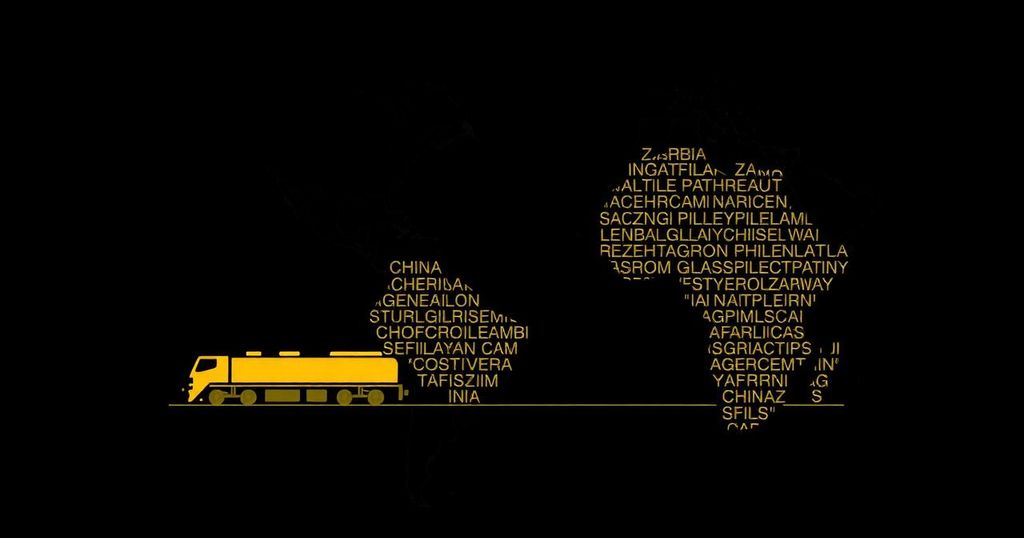China, Tanzania, and Zambia Forge $1 Billion Agreement to Revitalize Africa’s Longest Railway
In a significant development for African infrastructure, China, Tanzania, and Zambia have formalized a memorandum of understanding aimed at rehabilitating the 1,860-kilometer railway linking Dar es Salaam, the Tanzanian port capital, to Kapiri Mposhi, a key town in Zambia’s copper region. This ambitious $1 billion initiative, initially proposed by the Chinese government in February, seeks to enhance Zambia’s connectivity to global markets, thereby bolstering its export capabilities, particularly for copper and cobalt.
The signing of this agreement took place in Beijing and was graciously attended by Xi Jinping, President of China, alongside Samia Suluhu Hassan, the President of Tanzania, and Hakainde Hichilema, the President of Zambia. The railway in question, constructed between 1970 and 1975, was financed through an interest-free loan from the Chinese government, symbolizing a gesture of solidarity with Africa’s newly independent nations at that time. This project was also strategically designed to enable Zambia to transport its mineral exports without the necessity of traversing colonial Rhodesia or apartheid South Africa.
Tragically, the original construction phase bore a heavy toll, resulting in the loss of over 160 workers’ lives, including 64 Chinese nationals, due to bee attacks. As the longest railway in Africa, it has suffered extensive deterioration in recent years. In December, it was revealed that China Civil Engineering and Construction, the original builders of the railway, would conduct an assessment to evaluate the feasibility of revitalizing this important transport corridor.
The ongoing dialogue between Tanzanian and Zambian leaderships with their Chinese counterpart was reinforced during the Forum on China-Africa Cooperation (FOCAC), a triennial event that frameworks relations between China and African nations. Past discussions at this forum have explored diverse topics including industrialization, agricultural advancements, security measures, and prospective projects aligned with China’s Belt and Road Initiative.
In conclusion, this enduring collaboration not only aims to restore a vital transportation link but also reaffirms the commitment of China and African nations toward mutual economic growth and development.








Post Comment